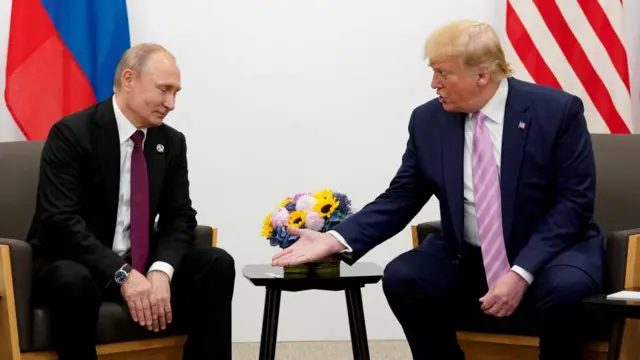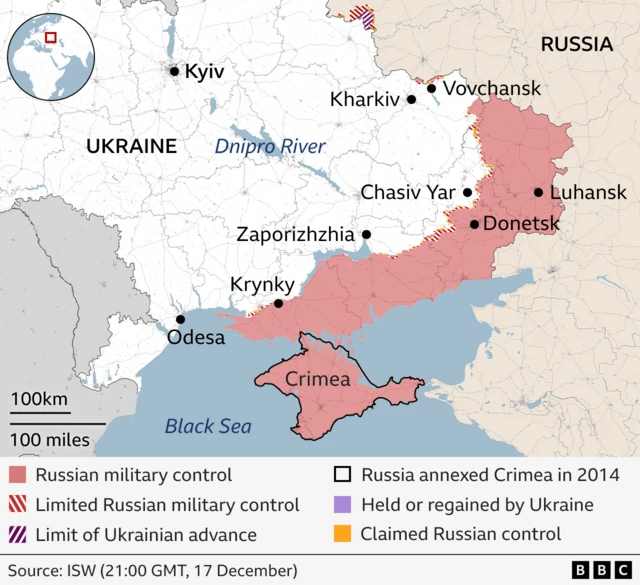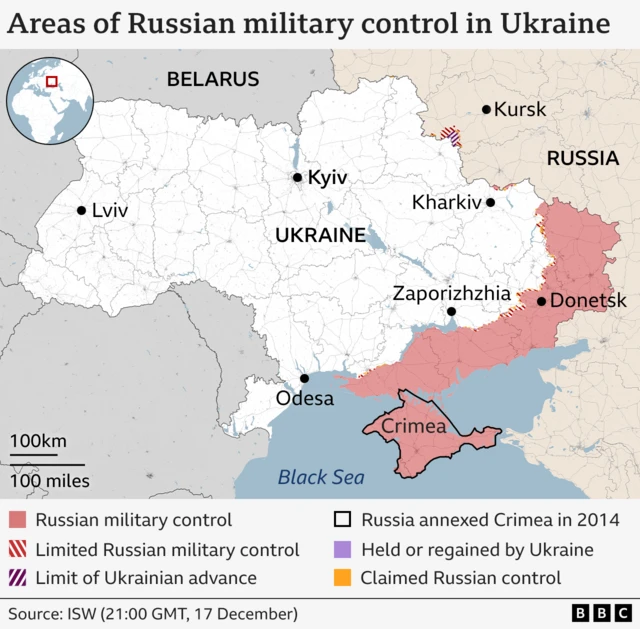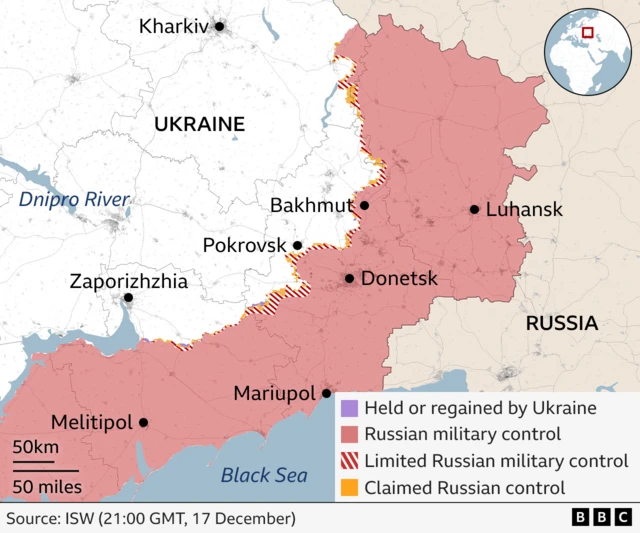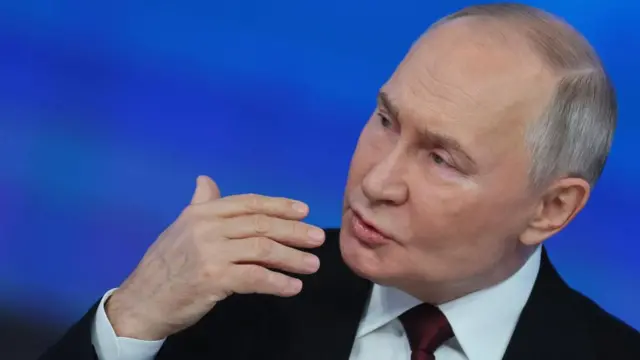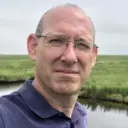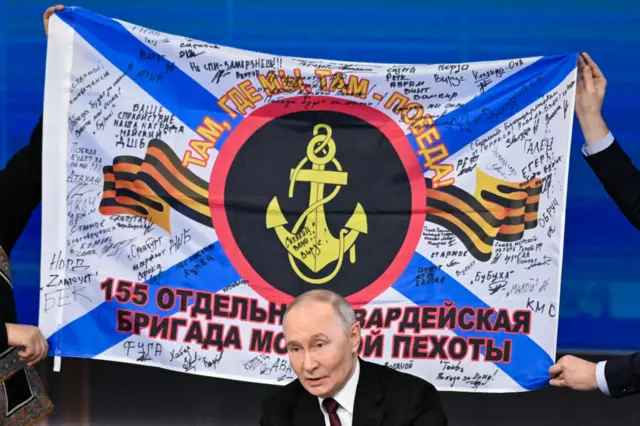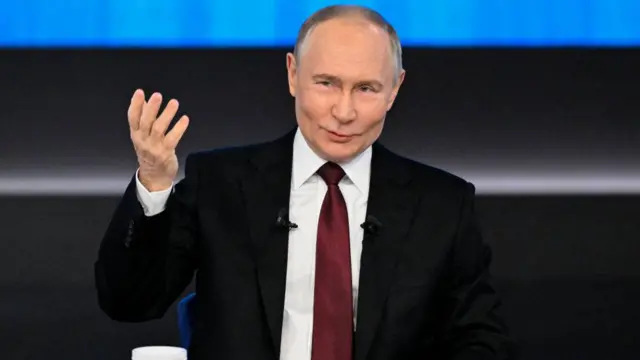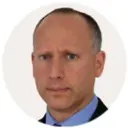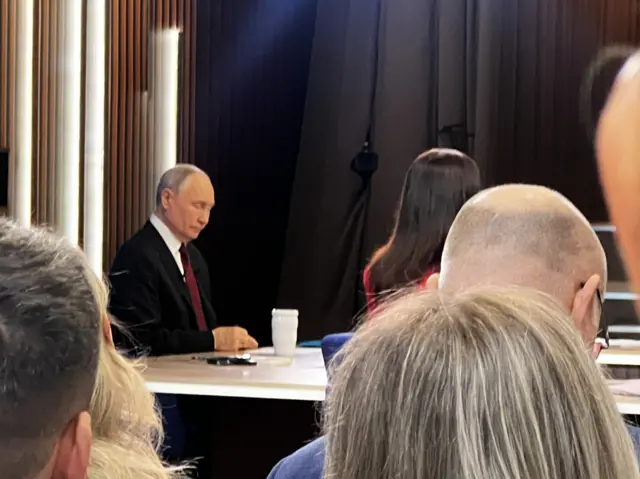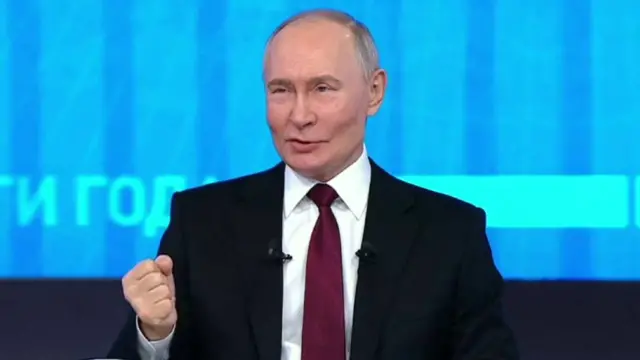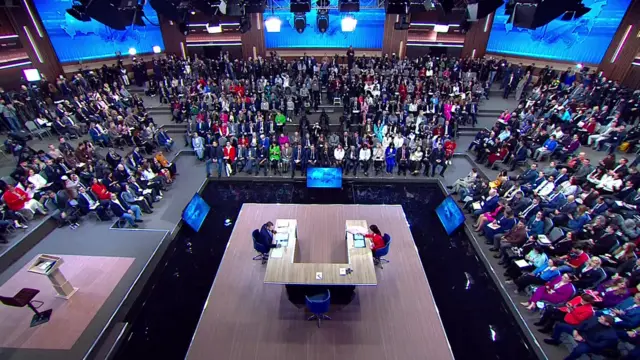'Construction boom' a hard reality for Ukrainians living in occupied territoriespublished at 11:02 GMT 19 December 2024
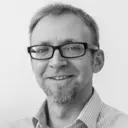 Vitaliy Shevchenko
Vitaliy Shevchenko
BBC Monitoring's Russia editor
A bit earlier, President Putin spoke of a “construction boom” in the Ukrainian city of Mariupol - and he may have a point.
When I spoke to local residents 10 months after its occupation, they spoke of a massive reconstruction effort involving thousands of construction workers brought from Russia.
It was clearly designed to turn the city into a showcase of how Russia rebuilds rather than destroys.
The Russia-installed "mayor" of Mariupol said there were 70,000 construction workers and members of the Russian military in the city.
The Ukrainian authorities say 20,000 people died during the siege of Mariupol.
